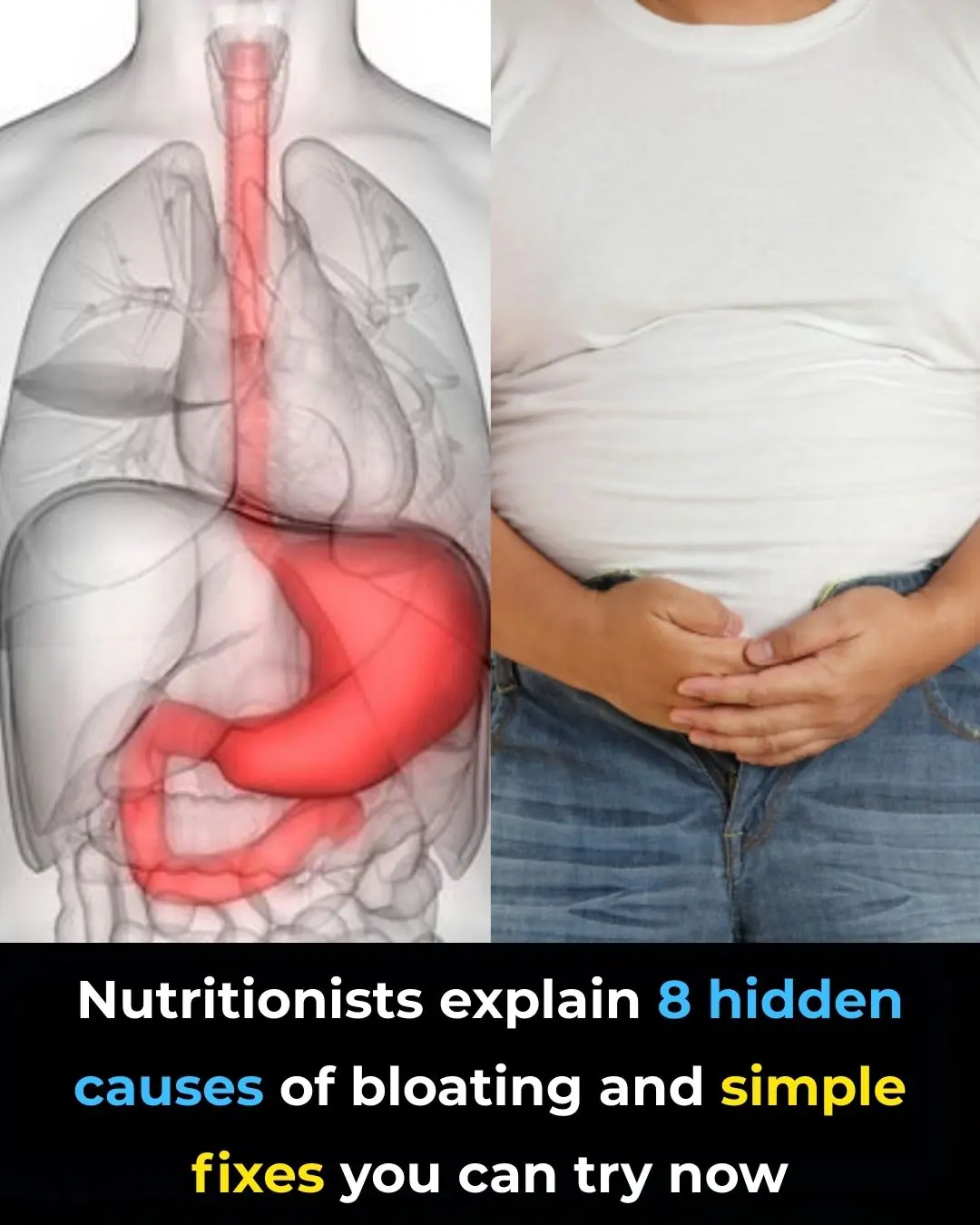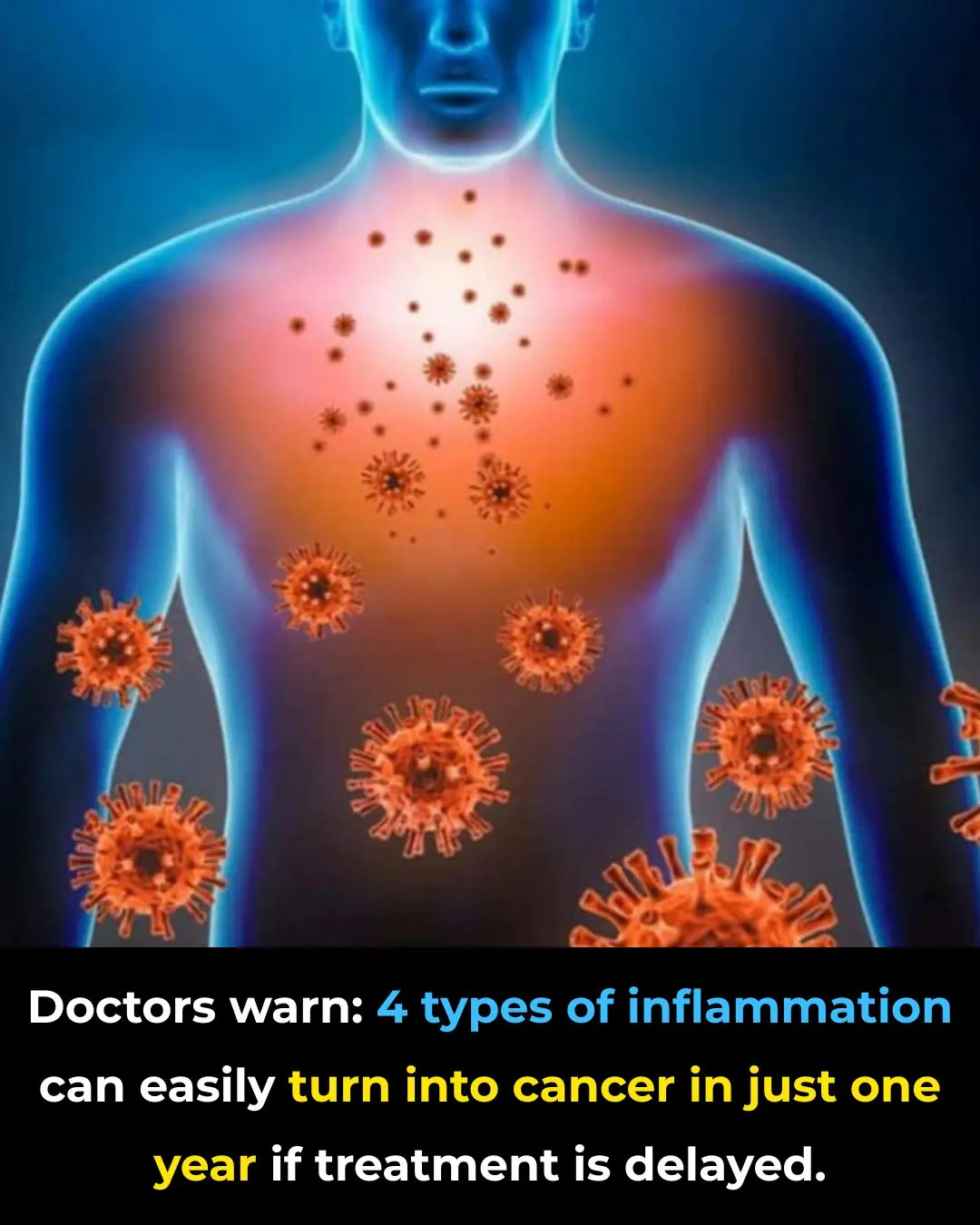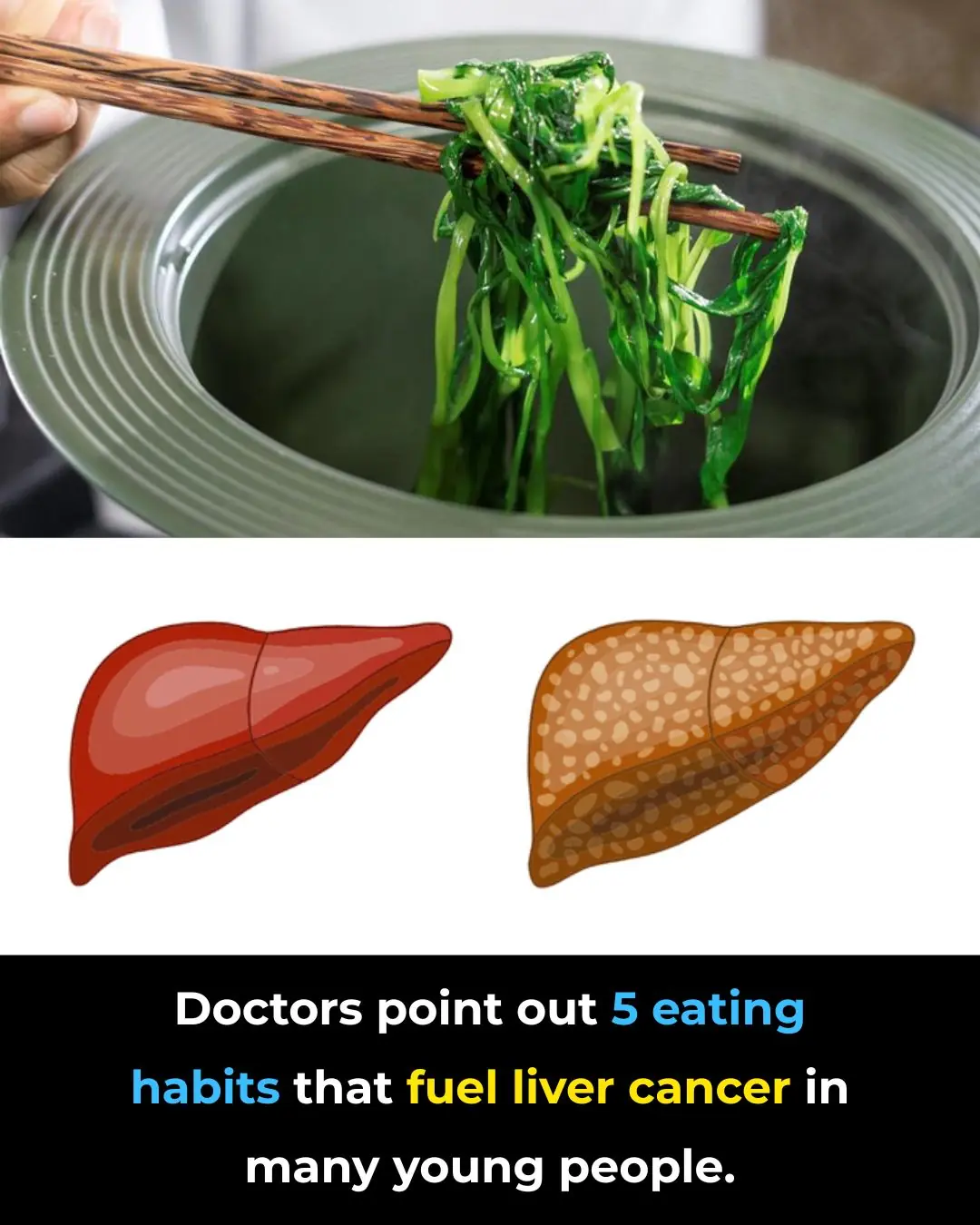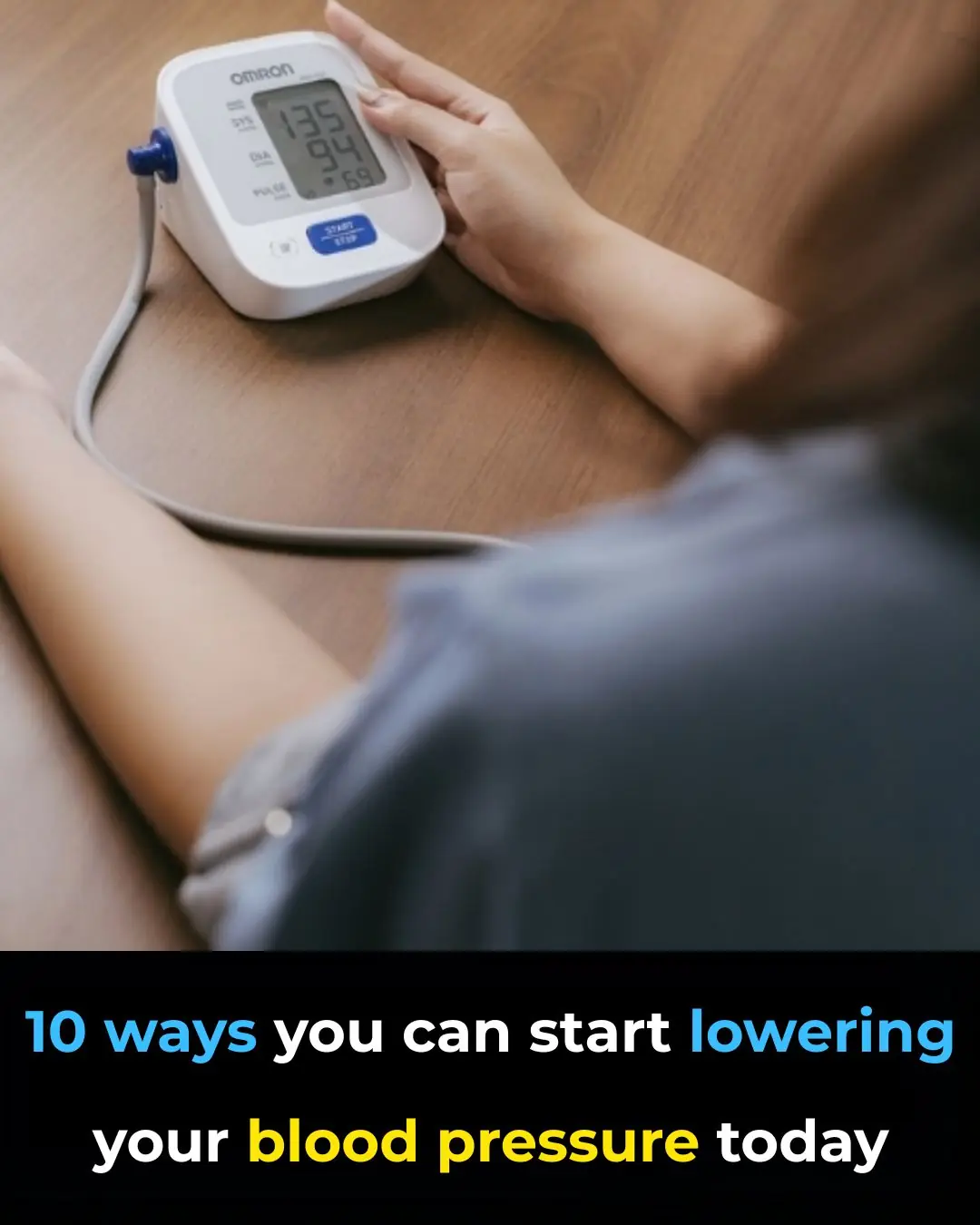
Why Do I Cough When Taking a Deep Breath?
Ever experienced a sudden fit of coughing right after taking a deep breath? It can catch you off guard, leaving you momentarily breathless and wondering what just happened. Once you recover, you may find yourself asking the million-dollar question: “Is this normal?”
The answer isn’t always straightforward. While coughing is a natural reflex, designed to protect your airways and clear out irritants, coughing specifically after a deep inhalation is not considered typical. Let’s explore why this happens, what might be behind it, and when it’s time to take the symptom seriously and speak with your doctor.
Coughing After a Deep Breath: Why It’s Different
In general, coughing serves as one of the body’s frontline defense mechanisms. Dust, smoke, allergens, or even built-up mucus can trigger this reflex, helping to protect the lungs.
“While cough is a normal and protective reflex, coughing after taking a deep breath is not normal,” explains Michael Ghobrial, MD, pulmonologist, critical care doctor, and director of the Chronic Cough Program at the Cleveland Clinic in Ohio.
Dr. Ghobrial emphasizes that this doesn’t automatically mean you’re dealing with a severe or life-threatening condition. Still, it is worth paying attention to because it may be an early signal of an irritation or imbalance in the respiratory system.
Possible Benign Triggers: Mucus and Cold Air
According to Norman Edelman, MD, professor of pulmonology and family, population, and preventive medicine at Stony Brook Medicine in New York, there are a few explanations for why a healthy person with no major underlying issues might experience coughing after a deep breath.
-
Mucus “Tickling” the Airways
Normally, a very thin layer of mucus lines your airways, serving as a protective shield for your lungs. But when you develop a mild cold, allergies, or even minor sinus drainage, you may end up with more mucus than usual. “When you take a deep breath, you’ll move that mucus around,” Dr. Edelman says. “That movement could ‘tickle’ the airways and make you cough.” -
Cold, Dry Air
Environmental factors can also play a role. Inhaling cold, dry air deeply introduces air that is cooler and less humid than what your lungs are accustomed to. “That difference can irritate the airways and result in a cough,” Dr. Edelman explains. This is especially common in winter or in air-conditioned environments.
These scenarios typically lead to occasional coughing episodes, which usually resolve once the irritant or temporary condition clears up.
When Coughing Signals an Underlying Condition
While occasional coughing after a deep breath may not be alarming, there are times when it can point to something more serious. If the cough is persistent or accompanied by additional symptoms, it could be linked to an underlying respiratory condition.
For example:
-
Bronchitis: If you notice coughing along with a runny or stuffy nose, chest congestion, low-grade fever, or fatigue, you may be dealing with acute bronchitis, often caused by viral infections.
-
Asthma: This condition can cause the airways to tighten and become overly sensitive. A deep inhalation might trigger coughing, wheezing, or shortness of breath.
-
Chronic Obstructive Pulmonary Disease (COPD): In people with long-term smoking history or exposure to lung irritants, coughing after a deep breath could be one of the early signs.
-
Infections: Conditions such as pneumonia or whooping cough may present with persistent cough, chest discomfort, or fever.
In some rare cases, frequent coughing when inhaling deeply could also signal gastroesophageal reflux disease (GERD), where stomach acid irritates the airways, or even more complex issues such as interstitial lung disease.
The Bottom Line
A cough here and there after a deep breath might be nothing more than a brief irritation from mucus or chilly air. However, if it persists, worsens, or is accompanied by other symptoms like fever, wheezing, or chest tightness, it’s time to talk to your doctor.
Understanding the possible causes can help ease your mind, but listening to your body and seeking professional evaluation is the best way to ensure your respiratory health stays on track.
News in the same category


Home Remedies to Get Rid Of Ingrown Toenails (Onychocryptosis)

Bloated Stomach: 8 Common Reasons and How to Treat Them (Evidence Based)

5 Healthiest Lunch Meats for Sandwiches and Snacks

25-Year-Old Woman Who Overcame Liver Cancer: “5 Foods You Must Avoid No Matter How Much You Crave Them”

Doctors Warn: Four Types of Inflammation That Can Turn Into Cancer Within a Year if Treatment Is Delayed

Can Anti-Inflammatory Topical Therapy Fill the Treatment Gap in Mild Hidradenitis Suppurativa?

New Dietary Guidelines Urge Americans to Eat More Meat and Whole-Fat Dairy

What Happens to Your Body When You Eat Peanut Butter Every Day

10 Snacks That Can Help Lower Your Cholesterol Naturally

Throwing Away Coffee Grounds Is Like Throwing Away Money: Everyday Uses Every Household Should Know

Don’t Put Ripe Bananas Straight in the Fridge: Do This Extra Step to Keep Them Firm and Bright for a Month

7 Everyday Foods That Become a “Savior” for Your Stomach When Eaten at Breakfast

Doctors Warn: Unhealthy Eating Habits That Fuel Liver Cancer in Young People

6 Healthiest Fish to Eat for Your Heart and Brain Health

Drop a Bar of Soap Into the Toilet: A Simple Trick With Surprising Benefits for the Whole Family

Don’t overlook these small red spots on your arm – They could be important warning signs

Scientifically Proven Health Benefits of Avocado and Avocado Seeds

10 Ways To Lower Your Blood Pressure Naturally
News Post

I had no clue about this

Put lemon and baking soda in a glass and place it in a room you frequent. Here’s why

Foods to Eat if You Need to Poop – The Best Natural Laxatives to Relieve Constipation

Home Remedies to Get Rid Of Ingrown Toenails (Onychocryptosis)

Bloated Stomach: 8 Common Reasons and How to Treat Them (Evidence Based)

5 Healthiest Lunch Meats for Sandwiches and Snacks

25-Year-Old Woman Who Overcame Liver Cancer: “5 Foods You Must Avoid No Matter How Much You Crave Them”

Soaking lemon peels in vinegar creates a special liquid with extremely useful properties

Katt Williams Said That Prince Made Him Feel Confident

Cher, 79, set to marry boyfriend Alexander ‘AE’ Edwards, 39, ahead of her milestone birthday in May: report

Sean 'Diddy' Combs' Mother Slams Netflix Over 'Lies' Presented In Gripping New Docuseries

Doctors Warn: Four Types of Inflammation That Can Turn Into Cancer Within a Year if Treatment Is Delayed

Natural Ways to Prevent Motion Sickness Without Medication

Can Anti-Inflammatory Topical Therapy Fill the Treatment Gap in Mild Hidradenitis Suppurativa?

New Dietary Guidelines Urge Americans to Eat More Meat and Whole-Fat Dairy

This method of brewing coffee reduces visceral fat by 5% and tastes 10 times better.

Purslane, a wild vegetable, contains substances that prevent cancer cell growth.

Mix laundry detergent with a half-empty beer can and leave it in a corner of the house: Even the most numerous mosquitoes will be completely wiped out.

Here are 4 simple cleaning tips for women: your house will stay spotless for a whole week without mopping!
